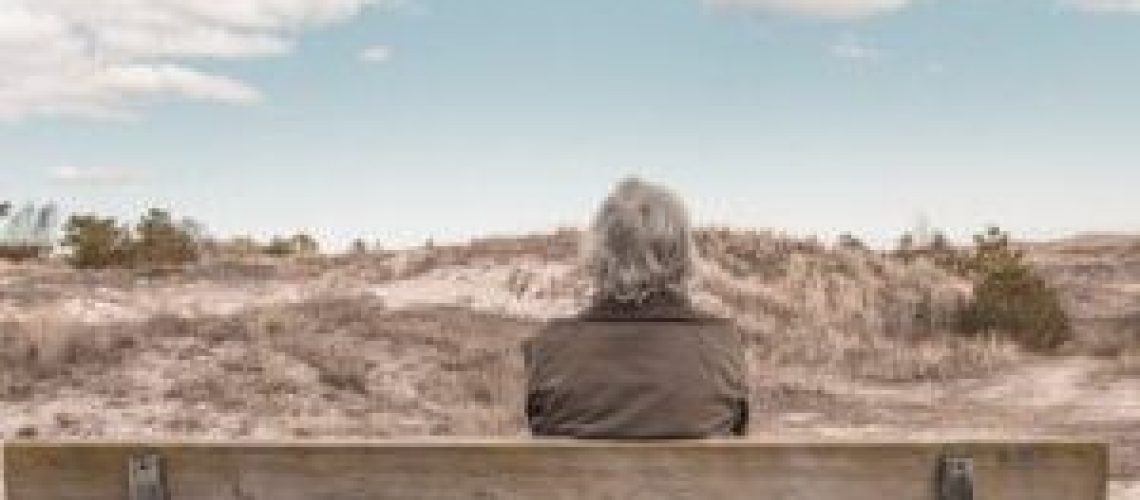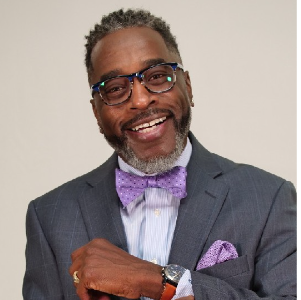On Friday, September 25, 2020, Existential Humanistic Northwest (EHNW) sponsored a workshop entitled, Aging or Eldering? A Powerful Shift to Understanding Human Life, presented by Nader Shabahangi, PhD., a licensed psychotherapist in California. Nader has been on the leading edge of working with elders through developing and maintaining elder care communities in the Bay area since 1995.
As Dr. Nader Shabahangi introduced the subject of eldering, he reminded us that there is no living without aging and no aging without living. In spite of our culture’s emphasis on youth, living and aging are inseparable.
Life expectancy has doubled in the last 100 years and with this change we need to develop new ideals, which Nader referred to as “elder values.” Elder values include slowing down, rethinking our attitude toward time, rushing less, paying attention to our surroundings, giving our full attention to each moment, listening deeply to others, interdependency and valuing the beauty of the “lived” face.
Nader’s thoughts reminded me of my own father, who late in life was fond of telling people it is “a good day to be alive” and then he would add, “It’s better than the alternative.” I loved that a man who had suffered much in his life, who was struggling with the aftermath of cancer and renal failure could take delight in being alive. Seeing puzzled looks when people heard my dad’s remark, I said to him, People don’t seem to understand what you mean.” He responded, “They will.”
My father’s words stayed near me as Dr. Shabahangi shared about his life’s work which has focused on learning to value the aging process. He encouraged us to make a shift from a focus on aging toward the concept of eldering. He describes eldering as “thought grounded in wholeness, in deep connection with dreamland and essence realities.”
Rather than the viewpoint of aging being good and bad, Nader sees aging as a journey toward wholeness. This is eldering. Wholeness includes valuing relationships, nature and people. Eldering recognizes our fragility and the preciousness of life. There is a spirit of gratitude, valuing patience and slowing down.
Eldering sees the importance of the long-view of life. Nader described the long-view as “planting trees under whose shadow you will not sit.” I felt both awe and sadness as I let these words sink in. I want to leave a contribution to those who will come after me and I am also reminded that my life will end without seeing the fruit of my efforts.
In small groups we discussed the values which govern adulthood compared to elderhood. Our group had a lively discussion about feeling invisible as we age. One person noted this feeling invisible arises with younger professionals. The older person feels pushed aside, as if we no longer have a contribution to make in our workplace. We talked about a sense of shame some of us have felt about aging. One aspect of this involves the cultural attitude surrounding the beauty of a youthful look, particularly for women. There is despair about no longer being able to do some physical activities we once could do. We discussed how our self-image is connected to what we are able to do, being productive, and how we no longer produce as we did in our earlier adult years.
We discussed the term “adulting” and its focus on independence, career, competition, separation, and achieving. Elder values are more about relationship and connecting, and the essence of the being. There is a connection with nature, all life forms and seeing all aspects of life through awe.
Elder values are not an automatic wisdom which arrives as we grow older. There are young people who have these values and some elders who have not developed these values.
Aging is often seen as a loss paradigm. There is a loss of independence, physical skills and strength. Our culture sees growing older from a belief that we are declining. However, it is also true that aging brings resilience.
Our workshop host paired up participants and we discussed a symptom we are experiencing which is associated with aging. We shared how it has reduced our earlier state of health. I focused on chronic pain which has reduced my productivity, made sleep difficult and is hard to cope with each day. My workshop partner struggled with similar issues and we quickly felt a connection in the challenges we face.
This exercise asked us to focus on the feeling of having this symptom and what we would experience if the symptom would increase. My heart sank at the thought of my pain increasing. I would no longer be able to do things I can do now. I felt despair. I wanted to change the subject, stop participating in this workshop activity. As I shared this, my partner’s compassion helped me stay with the task at hand. I was reminded of how my pain guides me to use my time and energy for what matters most to me. It, also, nudges me to remember to take care of myself.
As there is a reduction in our body’s ability to function, other aspects emerge, such as spiritually. Nader shared that feeling sad and scared are necessary to get to something bigger than myself. There is a deep urge to connect with something deeper, something bigger.
Nader led us in a process of working with our “inner elder” in which the older you is speaking to younger you. He suggested that we imagine being 100 years old and look back on our lives. Look for the joys and difficulties we have felt, all we have done, all we have been. Look for the beauty in how we have lived and what we have brought to others. Walk around a little bit like that 100 year old person and notice how we experience this. Let a song arise. I found myself drifting to an old folk song about our oneness, “Because All Men are Brothers,” and particularly, the final verse given our current civil unrest and world-wide pandemic.
“Let every voice be thunder, let every heart beat strong
Until all tyrants perish, our work shall not be done
Let not our memories fail us, the lost year shall be found
Let slavery’s chains be broken the whole wide world around.”
Lyrics by Tom Glazer and Pete Seeger
We also reflected on a difficulty in our lives and consider how the older self/inner elder would be with us and perhaps help us with the difficulty. I found great comfort in this process as I carry a deep concern for someone I love. I could imagine my older self looking on this situation with compassion, giving reassurance that my efforts to support are not in vain, as well as hope for healing for this friend.
This workshop deepened my respect for those who are in their final years. It helped me process emotions I am experiencing as I am in my mid-sixties and I am beginning to deal with many of the struggles common as we age.
With an emphasis on wholeness, paying attention to our authentic selves, slowing down, personal connection with others, and being rather than doing, elder values are urgently needed for our personal well-being, the well-being of others and ultimately for our world to heal.




